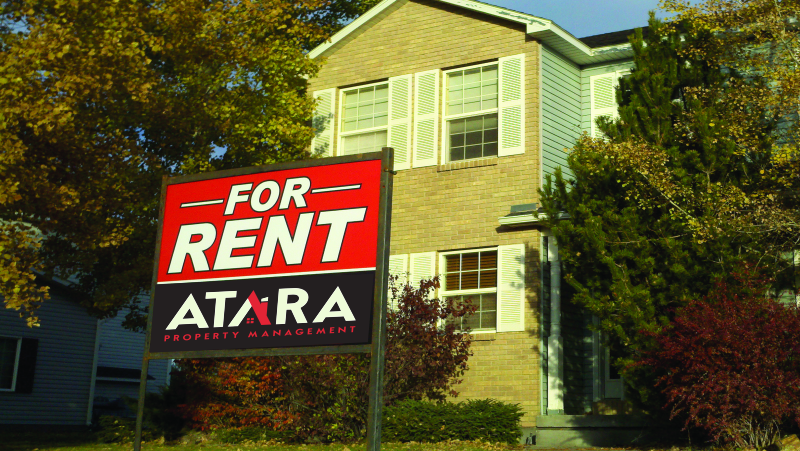Why Salt Lake City's Rental Market Shift Actually Benefits Strategic Property Owners
As a property owner in Salt Lake City, the recent Redfin report showing a 6.5% decline in median asking rents caught my attention. While some might view this drop to $1,476 with concern, I see compelling reasons why this market adjustment presents opportunities for thoughtful landlords.
First, let's consider what's driving these changes. Our market is experiencing a natural correction after the pandemic-era surge in rental prices. During COVID-19, we saw rents skyrocket due to limited inventory and intense demand. Now, with some increased housing supply and more normalized demand patterns, we're settling into a more sustainable market position.
What's particularly encouraging is the underlying health of our rental market fundamentals. Salt Lake City has emerged as the fourth-most affordable rental market nationwide, trailing only three Texas cities. This sweet spot of affordability actually strengthens our position as property owners. Our typical tenants are earning around $64,271 annually – nearly 9% more than what's needed to comfortably afford the median rent. This income cushion suggests we have reliable, financially stable tenants who can consistently meet their rental obligations.
Looking ahead, several factors suggest this current dip may be temporary. According to Redfin's senior economist Sheharyar Bokhari, we're likely to see upward pressure on rents soon. Two key factors support this prediction: slowing apartment construction and persistently high mortgage rates keeping potential homebuyers in the rental market. Additionally, new tariffs on building materials could further constrain housing supply.
For property owners like myself, this market environment calls for strategic positioning. While we might need to adjust our asking rents to stay competitive in the short term, we're operating in a fundamentally sound market where tenants have the financial capacity to support stable rental income. The key is to focus on property maintenance and tenant satisfaction to minimize vacancies and maintain steady cash flow during this transitional period. You will want to make sure that your Salt Lake City property management team is doing these things.
This cooling also offers an opportunity to evaluate our properties and potentially make strategic improvements while competition is less intense. Remember, when the market inevitably tightens again – as housing construction slows and demand continues from those priced out of homeownership – properties that have maintained their quality will be best positioned to capture rising rents.
While Salt Lake City's rental market is showing some expected moderation after unprecedented growth, the underlying demographics and market fundamentals remain strong. As property owners, our focus should be on riding out this natural market cycle while preparing for the growth opportunities that appear to be on the horizon.
Tips for Property Owners: If you are a property owner in Salt Lake City, there are a few things you can do to ensure that you are getting the best possible rent for your property:
Make sure your property is in good condition. This means that it should be clean, well-maintained, and free from any major repairs.
Market your property effectively. This means that you should list your property on multiple websites and include high-quality photos and videos. Are you or your Salt Lake City property management team using all the avenues available to get your property rented? Websites like Facebook, Rentler, Zillow, KSL and local social media groups are key for maximum exposure.
Be flexible with your terms. This means that you should be willing to negotiate on things like the security deposit, lease length, and pet policy.
Consider offering incentives to tenants. This could include things like free rent for the first month, a gift card to a local business, or a waived application fee.
These are just a few of the tips we use at Atara Property Management throughout the Salt Lake area to keep our units leased.



